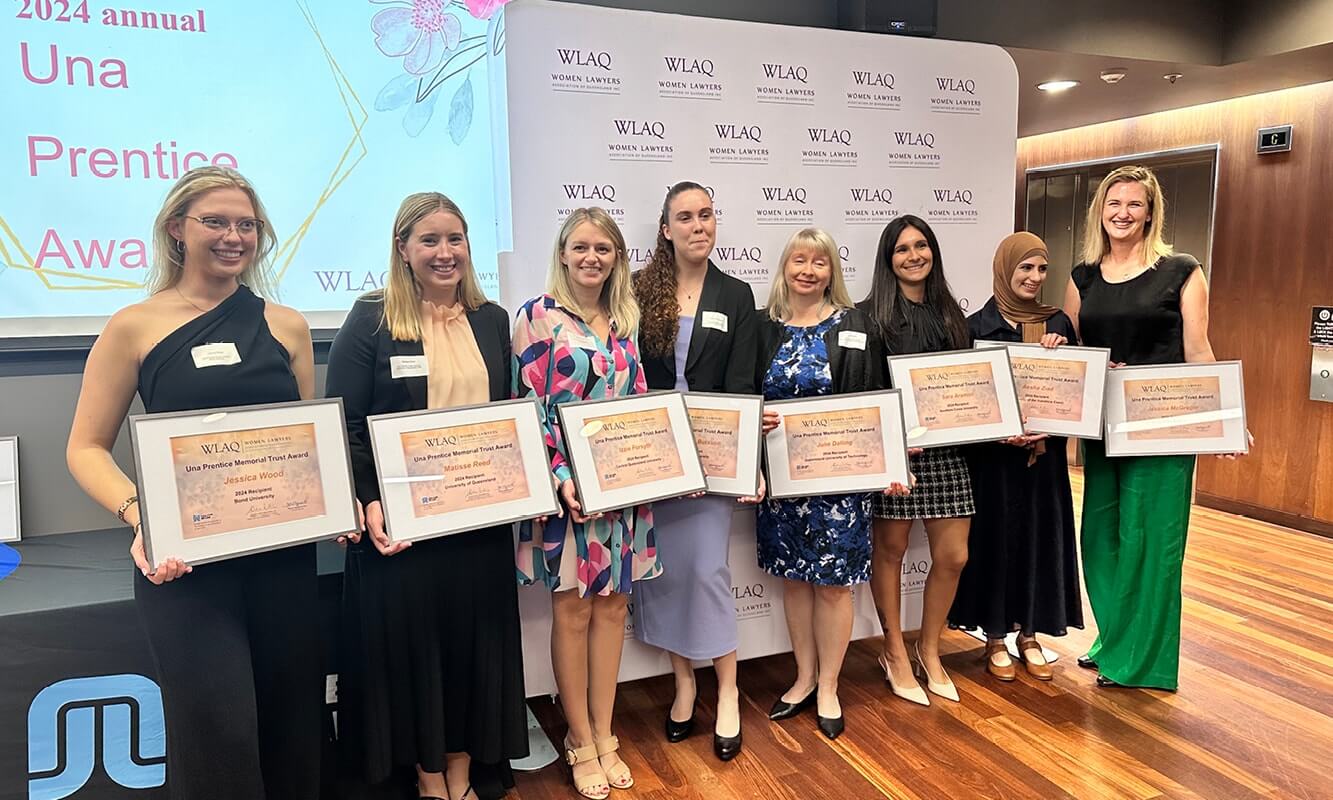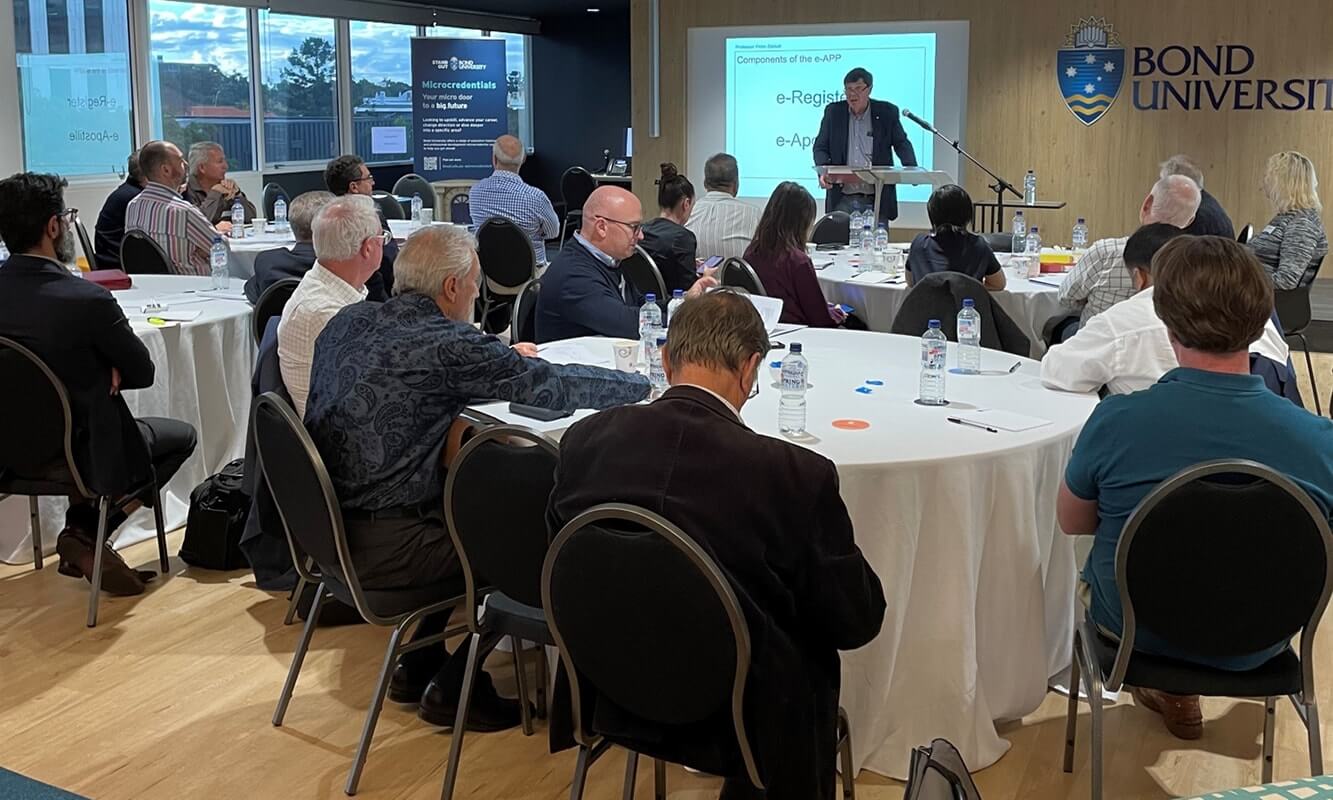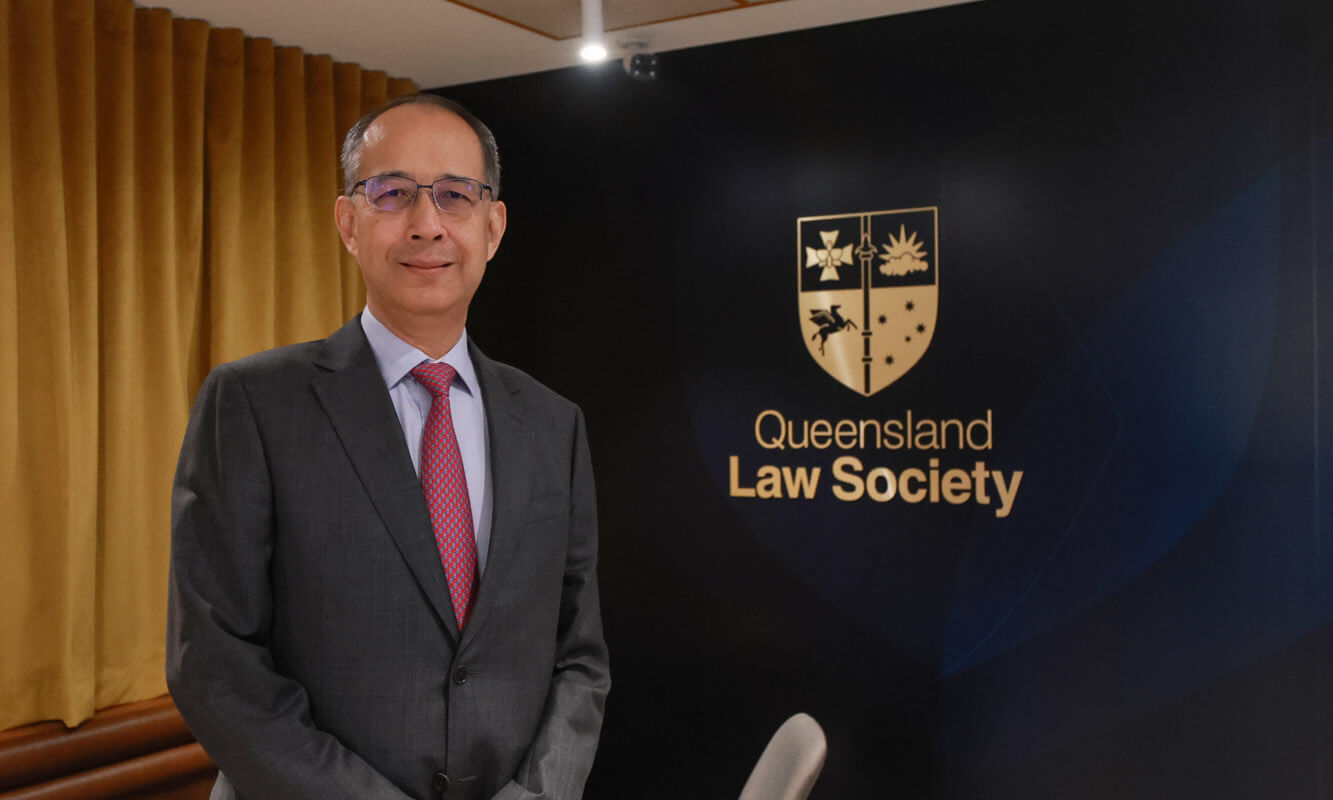‘A rose by any other name would smell as sweet’ is a popular adage from William Shakespeare’s play, Romeo and Juliet.
This maxim is widely used to support the view that the name or title of someone does not affect their essential character.
Within law offices we see many titles – Principal, Partner, Junior Partner, Director, Legal Practitioner Director, Associate Director, Senior Associate, Special Counsel, Consultant, Senior Lawyer, Junior Solicitor, Solicitor, Legal Practitioner – but what’s in a name?
Despite what Juliet might suggest, a lot, it seems.
My colleague Shane Budden has had a lot to say on titles and names.1 Late last year another publication ran an article on appropriate titles for law graduates who are not admitted as legal practitioners (spoiler alert – they are called law graduates).2
Calling yourself a ‘senior lawyer’ when you have less than five years post-admission experience does not suddenly endow you with substantial legal experience.3 You might think it looks impressive in marketing collateral, but in fact it may well be misleading and deceptive conduct,4 or likely to mislead or deceive.5
“The beginning of wisdom is to call things by their proper name.”
– Confucius
The general law implies a duty to exercise reasonable skill and care in attending to your client’s matters.6 Claiming expertise or experience in a particular area of law may impose upon you a higher standard of care than an ordinary reasonably prudent practitioner.7
Across Queensland legal practitioners employed in incorporated legal practices are calling themselves ‘Partner’, which reveals not only a fundamental misunderstanding on the practitioner’s part of the legal character of a corporate entity (as opposed to a partnership), but also ignorance of the Legal Profession Act 2007 (Qld).8
Non-legal practitioner directors, who are also legal practitioners, tread a narrow plank by advertising their role within the legal practice as ‘Director’ without qualification.9
A practitioner’s sense of worth or importance should not be connected to their title.
Perhaps it’s time to focus on valuing the process of learning, of developing experience, and of maintaining professional standards. Let’s focus on client results, service standards, empathy, knowledge and human engagement.
If you would like a confidential Practice Advisory Service visit to discuss these practice management issues, please do not hesitate to contact the service at ethics@qls.com.au.
Judy Hayward is a solicitor in the Queensland Law Society Ethics and Practice Centre.
Footnotes
1 Honesty in advertising: A lesson for law firms; Founder, Guru, Lawsinger, Grand Poobah … are we entitled to our titles?
2 Lawyers Weekly, Who are you calling ‘lawyer’? (Hopefully, not me or Kim Kardashian).
3 In Evans v Queensland Law Society [2022] QCAT 284, QCAT considered a principal practising certificate holder with less than five years’ post-admission experience as lacking experience at [47]-[49]. queenslandjudgments.com.au/caselaw/qcat/2022/284.
4 See r36 of the Australian Solicitors’ Conduct Rules (ASCR).
5 See Australian Consumer Law, Competition and Consumer Act 2010 (Cth), s18.
6 Astley v Austrust Ltd [1999] HCA 6.
7 Boland v Yates Property Corporation Pty Ltd [1999] HCA 64 at [65-7] and [133]; see also Heydon v NRMA (2000) 51 NSWLR 1 at [146]; and Duchess of Argyll v Beuselinck [1972] 2 Lloyd’s Rep 172.
8 See Legal Profession Act 2007 (Qld), s7.
9 Non-legal practitioner directors who are legal practitioners without a principal practising certificate ought to ensure they do not misrepresent their position within the company.












3 Responses
I have a vague recollection that I was admitted as a “solicitor, attorney and proctor” of the Supreme Court of Queensland in 1992. But it may be a false memory. (That is, as to the “attorney and proctor” part.) I don’t know whether anyone has a better memory or — always better than memory — some contemporaneous document about the practice of the day? Also, I have some idea that I was registered or enrolled (but not actually “admitted”) as a “practitioner” of the High Court of Australia thereafter (just by production of a copy of my certificate of admission as a solr of the SC of Q). Does this mean that I am a solicitor of the HC of A? Admittedly, I really ought to know.
Hi Kevin
From memory, that applied under the 1952 Act, although it has probably been something of an anachronism since 1873. The solicitor’s rolls for the Qld Supreme Court (available online through Qld archives) do mention “and proctor” in some of the earlier iterations. I believe that this conferred right to appear in ecclesiastical & admiralty claims.
Great article and a good reminder of the need to be authentic when representing your and your team’s expertise level. I would like to see more done by the QLS regarding lawyers who advertise themselves as specialists in a particular area of law, without having achieved specialist accreditation, as the public are not aware of the difference between a self titled guru and a lawyer who has studied, often for years, to meet the criteria via this qualification. The public perceive that lawyers are similar to doctors in this regard, in that to call oneself a specialist, one needs to have completed lengthy studies to achieve the title of specialist. Perhaps a qualifier such as ‘Specialist (unaccredited)’ could be imposed… That may dissuade the use of the misleading title or descriptor ‘specialist’ and lead to substitute wording such as ‘experienced’ or even ‘expert’.